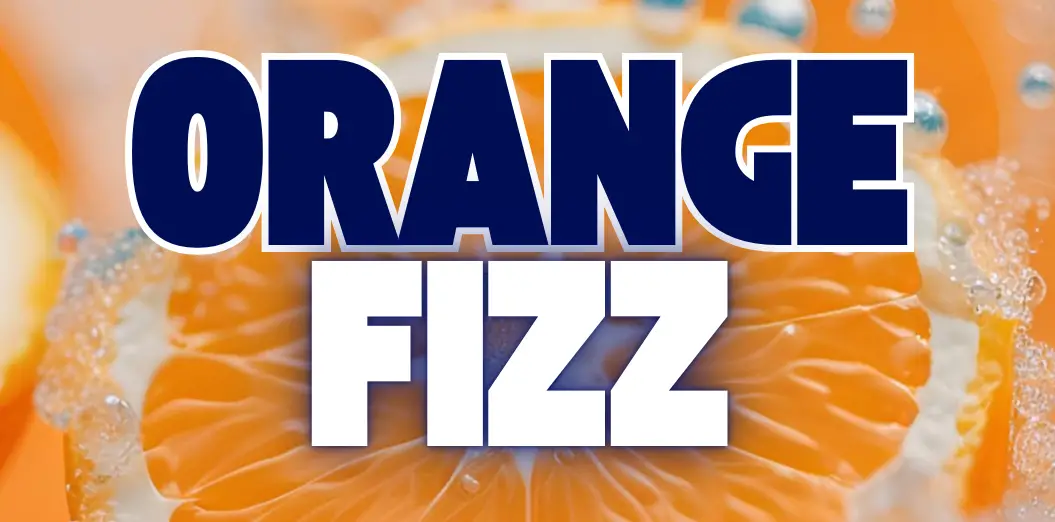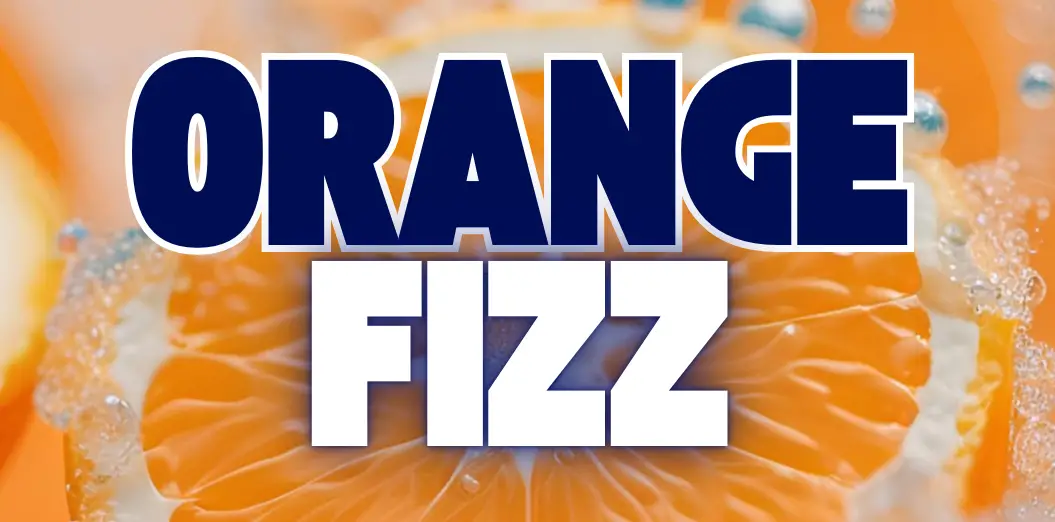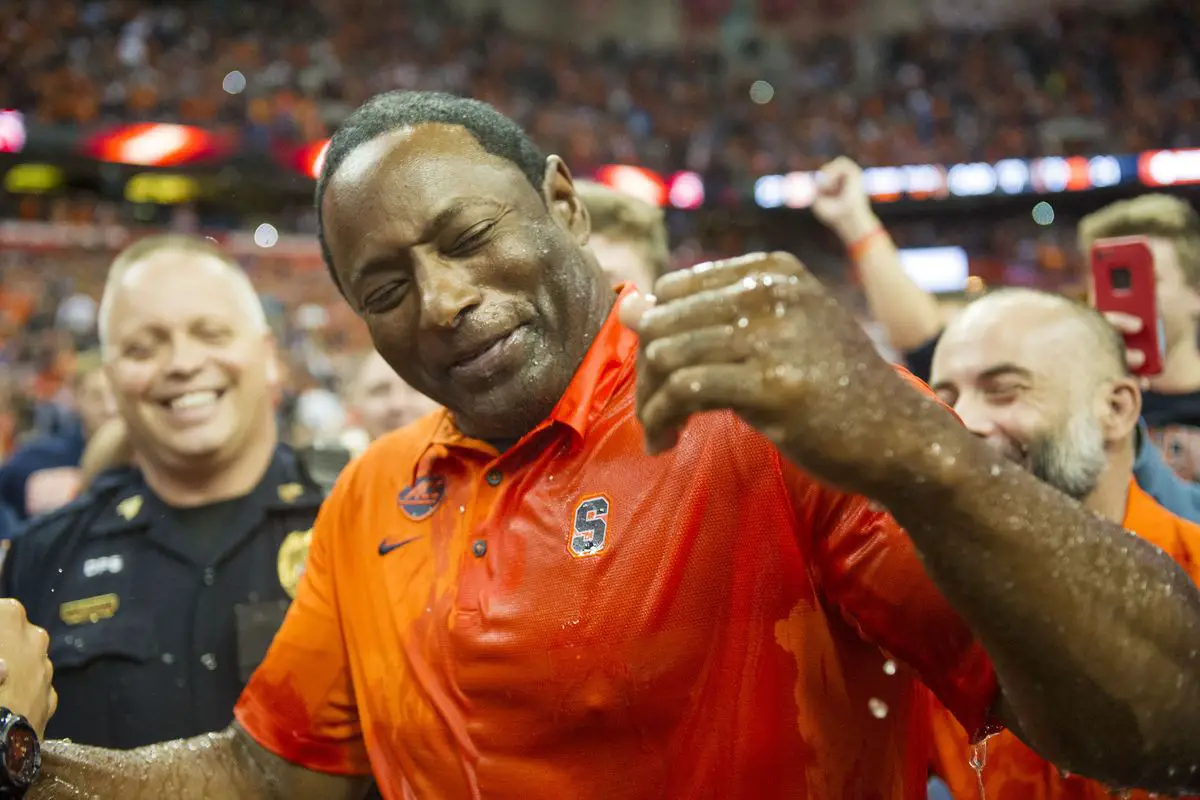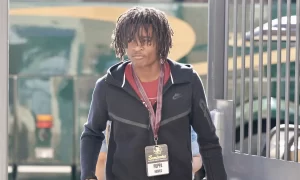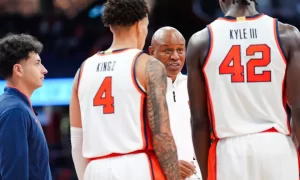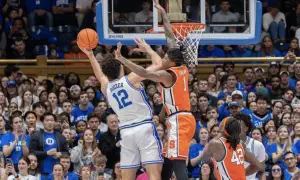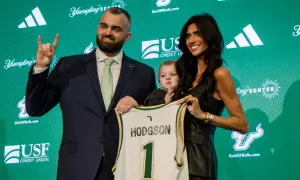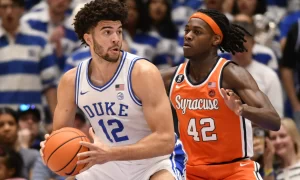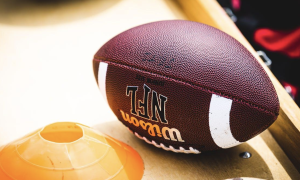Imagine this. It’s Thursday, August 30th, 2018, one day before the season opener against Western Michigan. Expectations are a bit higher than last year’s 4-8 finish, but most don’t envision Syracuse being anything special in 2018. Then someone tells you that with two games left in the season, the Orange will be ranked 11th in the country and will be staring down the nose of a top-15 matchup with undefeated Notre Dame. What’s your reaction?
You probably look at that person like they have 1,000 heads and check to make sure they’re feeling alright.
But, crazily enough, that is the reality for this Syracuse football team. Ever since a two-game midseason losing streak, the Orange have looked nearly unstoppable and have made a lot of history along the way. Bowl eligibility for the first time since 2013 after a win over NC State, a top 25 ranking for the first time since 2001 after that same game and SU’s highest ranking since 1998 when it checked in at #13 prior to this week’s win against Louisville, have all made the 2018 season one full of history and magic, and a large portion of that can be contributed to the man in charge.
In just a year’s time, Dino Babers has transformed this program from one of the cellar dwellers and laughing stocks of the ACC into a team that, if it weren’t for Clemson playing in their division, would be in the driver’s seat to play for an ACC title. He has helped give SU fans something to cheer for and be excited about. He has changed the culture at SU and has put the Orange on the national stage. He has turned this program on a dime. So that begs the question: does Babers deserved to be named ACC Coach of the Year?
To really answer this question, it’s important to distinguish the characteristics it requires to win the award.
The Coach of the Year honor does not necessarily go to the coach of the best team in the conference, otherwise Dabo Swinney would win it almost every year and he’s only won it once (2014) in his ten years at Clemson.
More often than not, the award goes to the coach that led his team to the most surprisingly good finish in the conference. What I mean by that is that the award goes to the coach who hypothetically got more out of his team than he should have or a coach that led his team to a massive improvement from the year before.
A great example is when Duke head man David Cutcliffe was named ACC Coach of the Year in 2013. The Blue Devils may have gone 10-4 and won the Coastal Division, but they were far from the best team in the ACC. Florida State (National Championship) and Clemson (Orange Bowl) both went to and won New Year’s Six bowl games and finished with more wins than Duke. If we were going by the coach of the best team Jimbo Fisher or Dabo Swinney should have won the award going away.
But that’s not how this works. Cutcliffe led Duke to a historic season (first ever double-digit win total) and did so with only two All-ACC first team performers. He got way more out of that Duke team than anyone ever imagined he could and won the award for good reason. The same can easily be said for Babers this year.
In Babers’s first two seasons at the helm, Syracuse went a combined 8-16. The Orange have matched that same win total this year alone with an 8-2 mark through the season’s first ten games. That is an absolutely massive improvement and has to be one of the most impressive performances in the country, let alone in the ACC.
He’s also making all these improvements with a theoretically less talented roster than a lot of other teams in the conference. Using 247 Sports rankings of the last four recruiting cycles (players currently on the team) in the ACC, Syracuse’s classes check in at an average of 11th best in the conference. Only two teams, Boston College and Wake Forest, have had worse average recruiting classes in that time period.
That means that Syracuse, who at this point is the consensus second-best team in the ACC, is having a better season than recruiting powerhouses like Florida State and Miami. When a team is outperforming what its talent level suggests it should do, a large part of the thanks goes to the coach and that’s certainly the case with Babers and the Orange. He is getting a lot more out of this team than he should.
The individual success of Babers is impressive enough, but when you compare it to other likely candidates for the award, it becomes that much more impressive. Let’s take Dabo Swinney out of the running for the same reason he hasn’t won the award since 2014: his teams are expected to be undefeated so the fact that the Tigers are running rampant against an admittedly weak ACC doesn’t seem to be Coach of the Year worthy.
With Dabo eliminated, this becomes a four-horse race between Babers, Pat Narduzzi of Pitt,  Steve Addazio of Boston College and Bronco Mendenhall of Virginia. First and foremost, Syracuse has the best record and ranking out of any of these teams, so give a point to Dino off the bat.
When you look at the rest of the resume, SU also probably has the most impressive win (NC State), although BC’s win over Miami is also pretty good.
Best loss of the season again is a toss-up with Syracuse’s 27-23 loss to #2 Clemson and Pitt’s 19-15 loss to #3 Notre Dame both looking great.
Babers’s squad has also far and away seen the most improvement from a season ago as all three other teams went bowling in 2017.
The one knock against Babers in this debate may be that Narduzzi’s Pitt team is likely going to play in the ACC championship game and beat the Orange earlier this year, but the Coastal is a truly terrible division and the rest of the debate isn’t close enough that head-to-head should factor into the decision.
All things considered, Dino Babers has put together one of the most impressive turn arounds and coaching performances in the entire country. He has brought the Orange back to a level of national relevancy that the program hasn’t seen since the turn of the century. In a down year for the ACC, Babers is guiding the conference’s second-best team just a year after finishing in second-to-last place and for that he deserves to be named ACC Coach of the Year.
